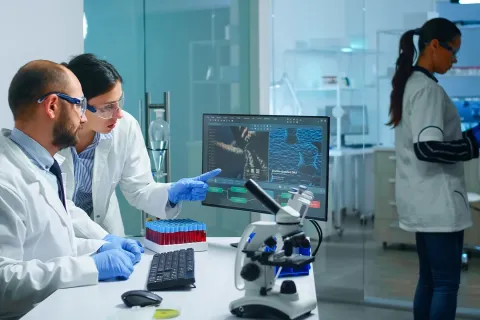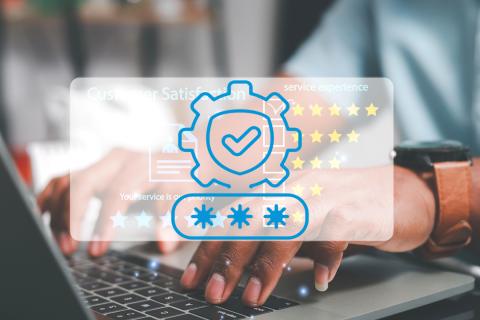
1 min read
The role of communication systems in healthcare is multifaceted and critically important for the effective delivery of health services. Communication systems facilitate the exchange of information among healthcare professionals, patients, and other stakeholders, and support various aspects of healthcare operations. Here are some key roles of communication systems in healthcare:
- Coordination of Care: Communication systems enable the coordination of patient care among different healthcare providers, ensuring that all parties have access to the necessary patient information for diagnosis, treatment, and follow-up care.
- Information Exchange: They provide a platform for exchanging health information, including patient records, test results, and treatment plans, which is essential for informed decision-making and continuity of care.
- Efficiency and Productivity: By streamlining communication processes, these systems can improve efficiency and productivity within healthcare settings, reducing the time spent on administrative tasks and allowing more time for patient care.
- Support for Mobility: Healthcare professionals often need to be mobile within a hospital or across different facilities. Communication systems, such as mobile devices connected to hospital networks, support this mobility by providing access to information and communication tools on the go.
- Enhancing Communication Channels: With telemedicine and other advanced communication technologies, healthcare providers can offer remote consultations, follow-ups, and specialist services, which can be particularly beneficial for patients in rural or underserved areas.
- Reducing Errors: Effective communication systems can help reduce medical errors by ensuring that accurate and up-to-date information is readily available to all members of the healthcare team.
- Patient Engagement: Communication systems can also be used to engage patients in their care, providing them with access to their health information, educational resources, and communication with their healthcare providers.
- Emergency Response: Rapid and clear communication is vital in emergency situations. Systems that facilitate quick information exchange can be life-saving.
- Asynchronous Messaging: They allow for asynchronous communication, such as through email or voicemail, which can reduce interruptions and allow healthcare professionals to respond to non-urgent matters at appropriate times.
- Cost-Effectiveness: By optimizing communication processes, healthcare systems can potentially reduce costs associated with inefficiencies, travel for face-to-face consultations, and duplication of services.
In summary, communication systems are one of the cheapest and most cost-effective interventions available to improve the quality and safety of clinical services, and they play a crucial role in the day-to-day operations of healthcare delivery.









